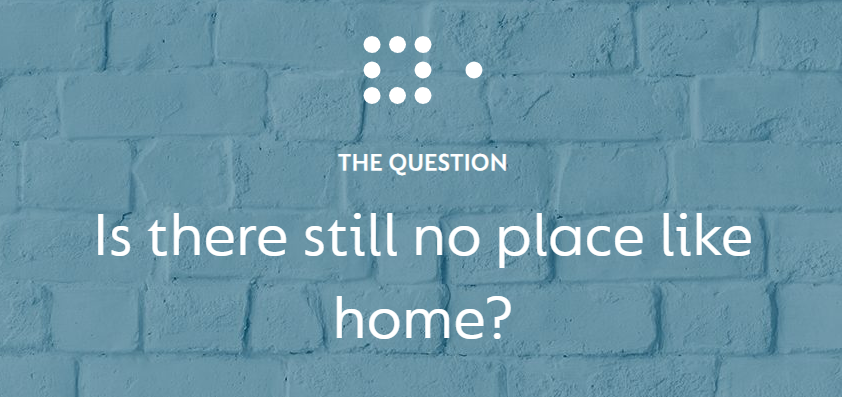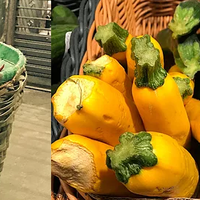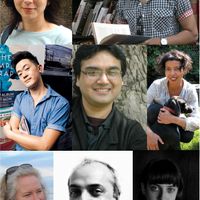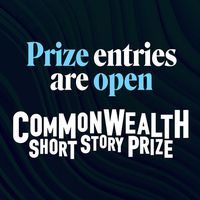Mumbai-based journalist and playwright wins Nine Dots Prize 2019/2020

Annie Zaidi, a freelance writer from Mumbai whose work includes reportage, essays, short stories, poetry and plays, has been announced as the winner of the US$100,000 Nine Dots Prize 2019/2020. The Nine Dots Prize seeks to reward original thinking in response to contemporary societal issues and is awarded by the Kadas Prize Foundation, connected to Cambridge University, UK.
Now in its second cycle, the Prize – which exists to encourage innovative thinking that addresses contemporary issues – challenged entrants to answer the question ‘Is there still no place like home?’ in a 3,000-word essay. The winner of each cycle is supported to develop their response into a full-length book which is published by Cambridge University Press and given the opportunity to spend a term at the Centre for Research in the Arts, Social Sciences and Humanities (CRASSH), Cambridge University.
Hundreds of responses were submitted by entrants all over the world. They were judged anonymously by the Prize’s eleven-strong Board of leading academics, journalists and thinkers, to ensure the Prize was awarded on the strength and originality of the response alone.
Zaidi’s entry, ‘Bread, Cement, Cactus’, combines memoir and reportage to explore concepts of home and belonging rooted in her experience of contemporary life in India, where migration – within the country, especially from villages to cities – is high. The proposed book will answer the central question through examining how a citizen’s sense of ‘home’ might collapse, or be recovered. Themes it will address include:
- The politics and economics of death in India, and how the physical performance of last rites for the dead can lead to a sense of dislocation and the unmooring of living citizens
- How industrial townships are created on the back of a series of dislocations, and what this means for citizens’ relationships to the land
- The crossing of caste and religious lines in marriage, and the abuse of political power to violently disrupt or prevent the mixing of bloodlines
- The Partition of India as a great cultural and emotional sundering, ultimately triggering an aggressive nationalism that seeks a negative self-definition rather than a positive one
- The struggle to belong to a city when it changes in all recognisable forms, even down to its name, and when it is stripped of all the original springs of cultural affinity
Annie Zaidi’s book, based on her Nine Dots Prize-winning essay ‘Bread, Cement, Cactus’, will be published by Cambridge University Press in May 2020 and made available in an open access format. Read an extract from her winning essay here.
The Prize is sponsored by the Kadas Prize Foundation with support from CRASSH at the University of Cambridge and Cambridge University Press.
Similar content
deadline
30 Sep 2018
from - to
31 Oct 2012 - 21 Nov 2012
posted on
06 Mar 2012
deadline
21 Jul 2014
deadline
29 Jan 2017
deadline
01 Nov 2021






